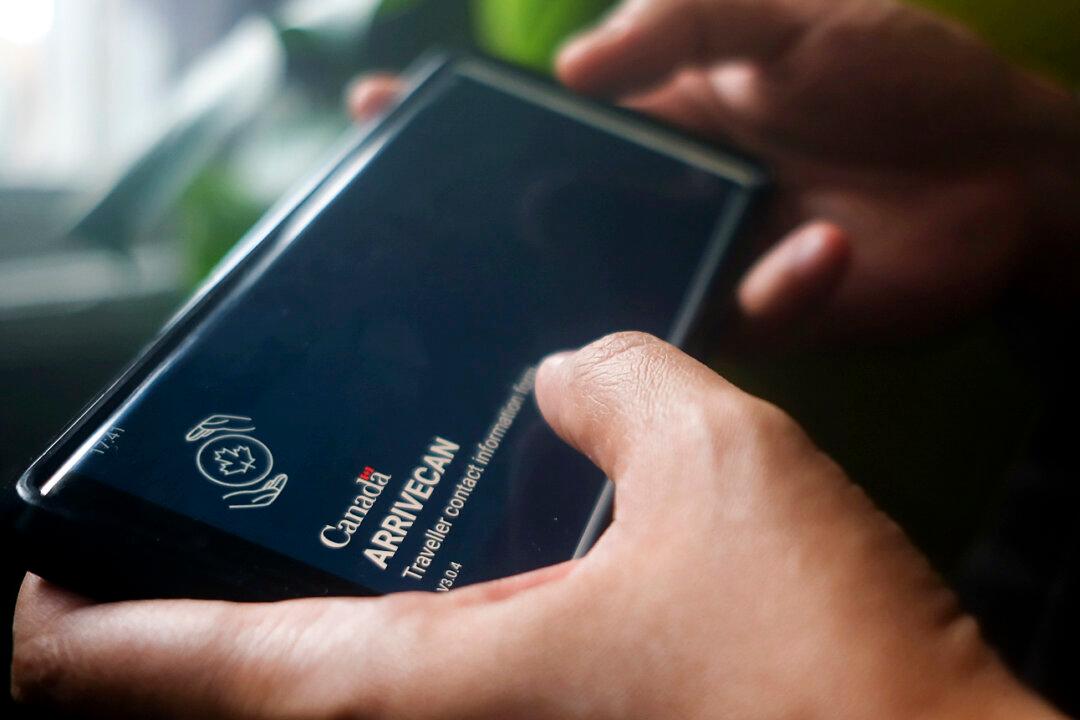The company at the centre of the ArriveCan controversy has received $107 million from federal government contracts since 2011.
Roch Huppé, comptroller general of Canada, said GC Strategies and its predecessor Coredal received over 100 federal government contracts during that time.





